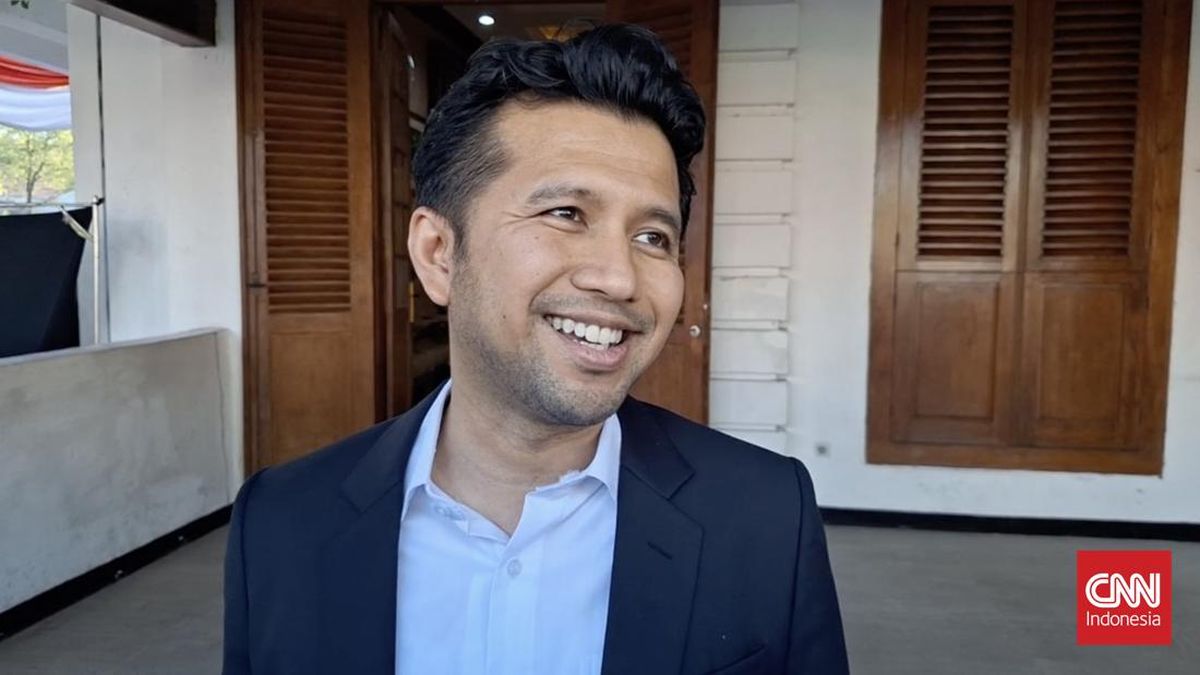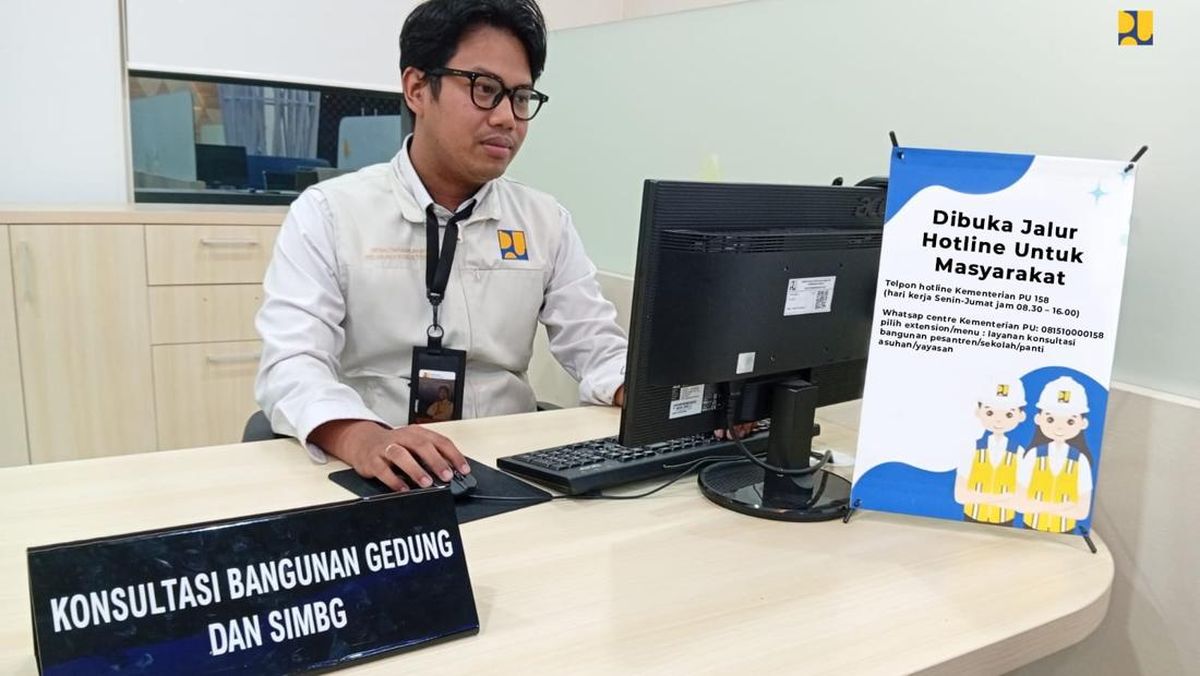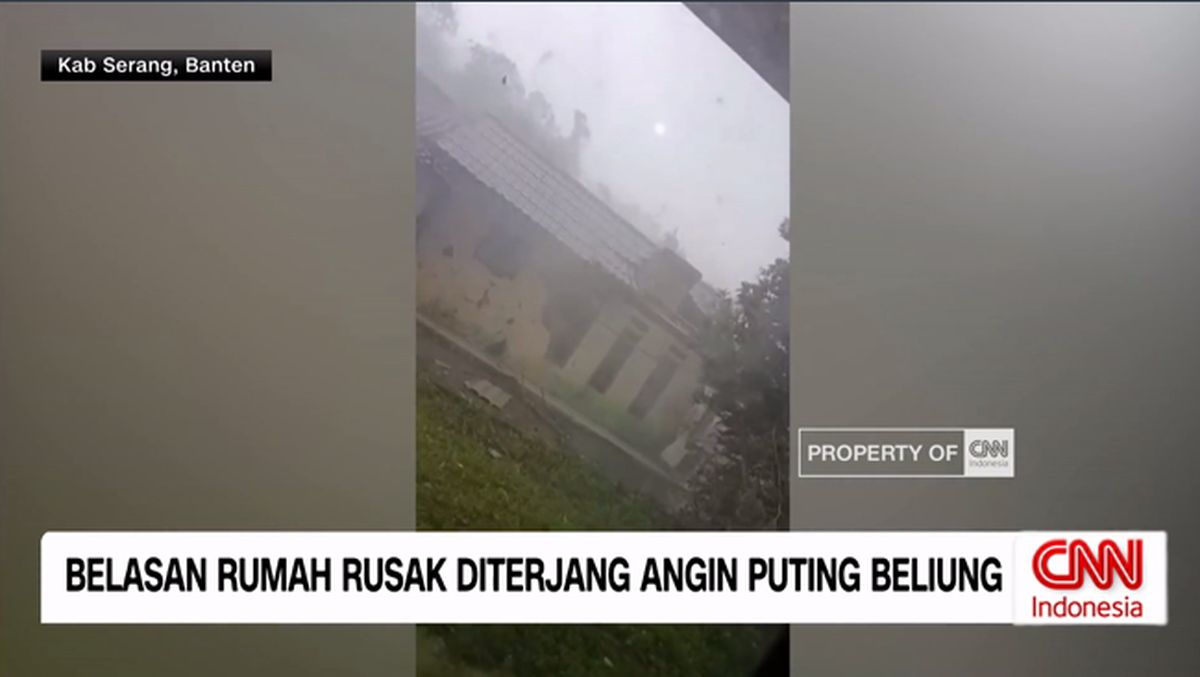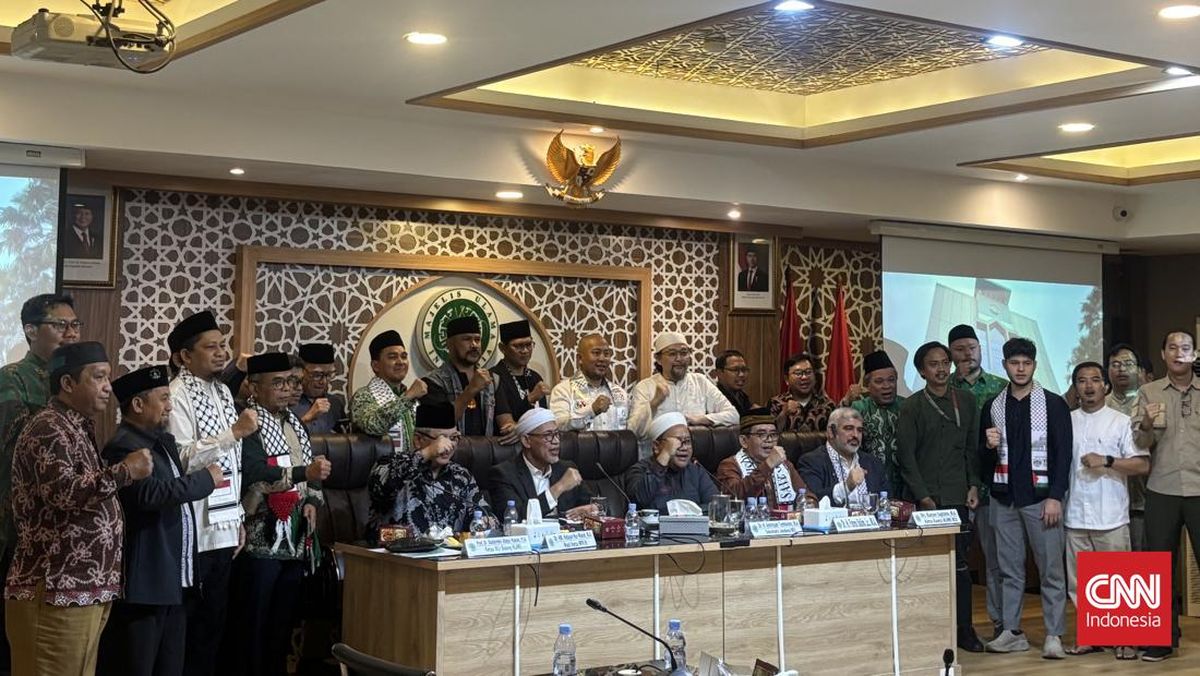
CYBERCRIME
Scam: Inside Southeast Asia’s Cybercrime Compounds
Mark Bo, Ivan Franceschini and Ling Li
Verso, $33.99
In 2022, living in Laos and searching for an apartment to rent, I came across a Facebook post from a desperate parent trying to locate her daughter. All she knew was that the daughter had arrived from Vietnam with a promise of lucrative but vaguely defined work. Upon landing, she had vanished. Eventually, she escaped after being forced to work in a “scam compound” until she’d paid off an invented debt. Once back, she was not just traumatised but too ashamed to speak to anyone outside the family. Sadly, this is a common story in South-East Asia, where about 100,000 such workers in Cambodia and 120,000 more in Myanmar are enslaved in high-security compounds running scams on an industrial scale.
Scam is a thorough investigation of this cybercriminal machine built on corruption, international smuggling and interpersonal betrayal. It analyses the logistic, economic and psychologically chilling dimensions of a growing sector that authorities are unwilling or unable to confront.
The shame that the daughter felt presents one challenge to investigation: the line between victim and perpetrator blurs when those imprisoned target ordinary people and are criminalised in the process. Public sympathy has struggled in the face of high-profile cases such as the “blood slave”, where a 31-year-old Chinese man alleged he had been held captive and that his rare typed blood had been extracted and sold off at regular intervals, a story later shown to be a fabrication. Many escapees, like the daughter, emerge broken, plagued by paranoia borne of betrayal by friends of family members who sold them off.
Scam also tells the evolution of the industry. Beginning in Taiwan in the 1990s, operations spread to mainland China and then, after concerted efforts at cross-strait law enforcement, were forced into the borderlands of Myanmar, Cambodia, the Philippines and Laos. Places like the Cambodian city of Sihanoukville or Laos’Golden Triangle Special Economic Zone sport entire economies dependent on scamming.

Banners warning people of human trafficking and scam centres at a checkpoint near the Moei River in Thailand’s Mae Sot District. Credit: Kate Geraghty
COVID supercharged things: the “scamdemic” provided critical conditions that transformed back-room operations into a sophisticated and sprawling billion-dollar sector. First, it created a pool of desperate workers unable to return home and ineligible to work legally. Second, criminally preferred enterprises like gambling and prostitution dried up, forcing gangsters to “go remote” like the rest of us. Finally, many mainland Chinese, the most frequent targets of compounds, often became lonely and isolated amid hardline COVID measures, making them easy targets for those exploiting misery.
The compounds themselves are grim places of psychological manipulation, physical torture and sexual assault. Part prisons with guards, barred windows and brutal punishments, they are also modern offices sporting HR departments, org-charts and training sessions. Those who are adept will be rewarded with bonuses and privileges, while those not meeting targets are humiliated, tortured and quickly sold on.
Scam builds on investigations like those conducted by in this masthead, reaching beyond easy stereotypes. The book rejects the assumption that operations are parasitic to their local community. Instead, they require many services in support. Subcontracting has replaced vertical integration. Onsite brothels, shops, tech support and janitorial work are outsourced to local subcontractors. They offer a hefty markup and work by exploiting the same slave labour pool.
This integration with the local economy means police are often hamstrung or unwilling to shut operations down. Surrounding populations are as likely to sell escapees back as to help. A theme of Scam is how anyone complicit will ultimately be corrupted.
Loading
While certainly a landmark investigation by its three authors, Scam suffers from some dry analysis, remarkable given the intense subject matter. The immense reporting that located sources, gaining their consent to speak on the record has been undermined by how seldom their victims and perpetrators are given space to talk.
Certainly, when allowed, their stories are chilling. Take this one anecdote that surely changed the lives of eight people:
One interviewee told us a story about his former supervisor in a scam company who had taken seven workers out for dinner, planning to sell them to another company. He contacted a group of gangsters in advance and arranged a hijacking. However, when the gangsters appeared, they seized the supervisor along with the men he was planning to sell, and sold them all to yet another company that had made a better offer.
It’s tempting to write off such episodes as another ruthless underworld “over there”, but the authors correctly identify those features of late-stage capitalism all on the uptick throughout the globalised world: a precarious job market creating desperate workers, the predatory employment landscape and the features shared between criminal and ordinary enterprises.
All this translates to the disturbing aspects of Scam less being about violence and criminality and more about how familiar some of it is.
The Booklist is a weekly newsletter for book lovers from Jason Steger. Get it delivered every Friday.
Most Viewed in Culture
Loading


















































